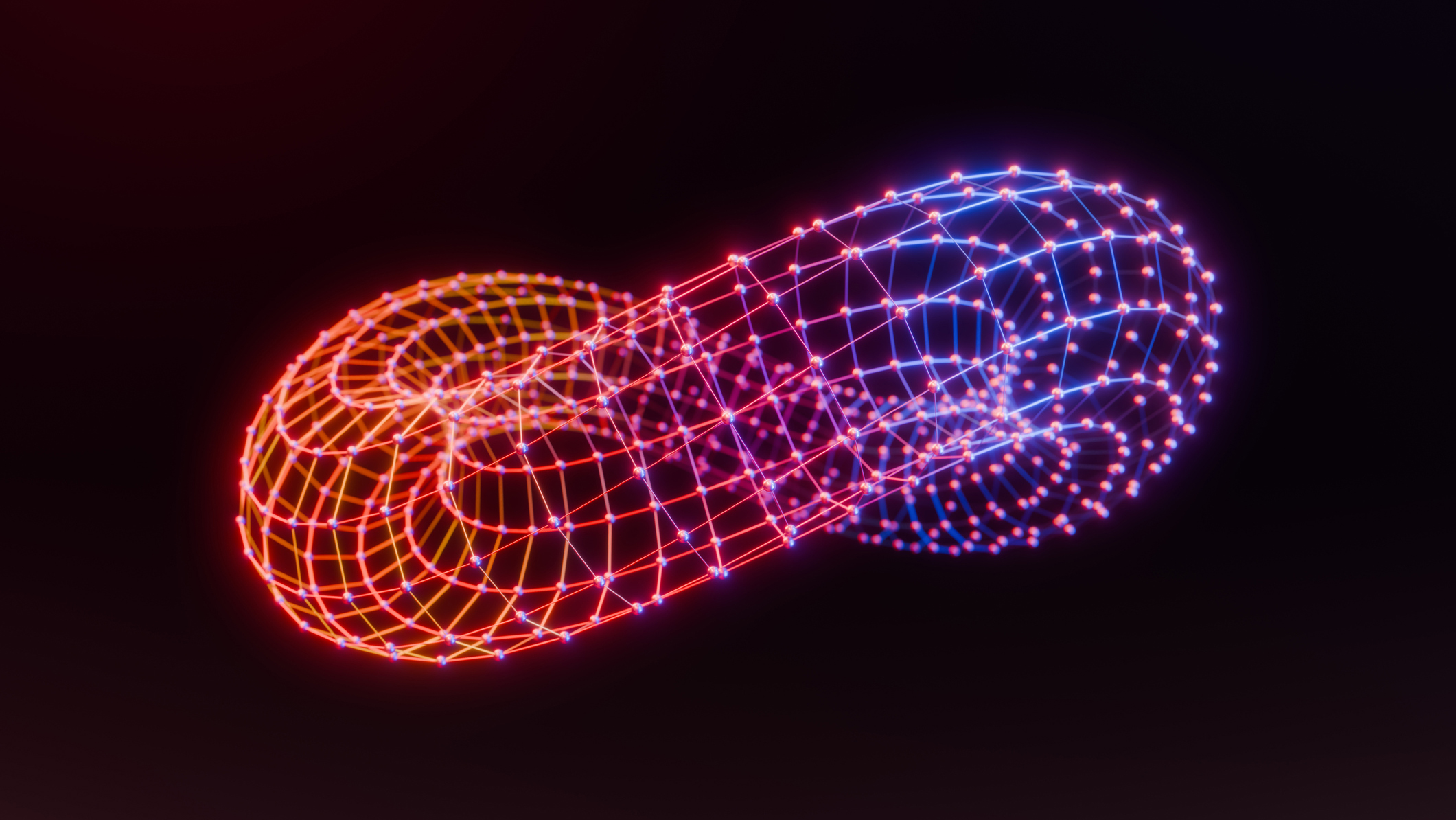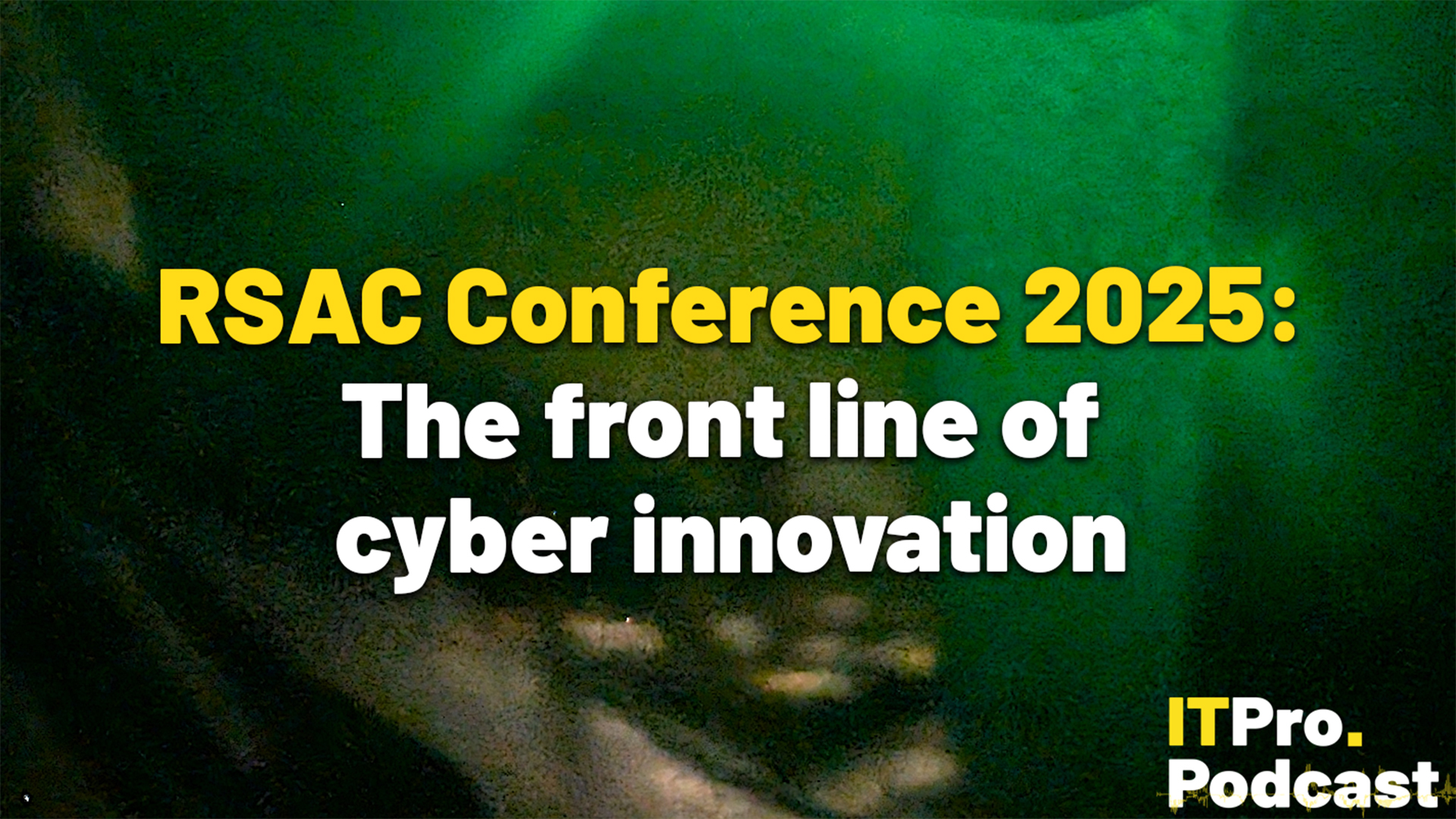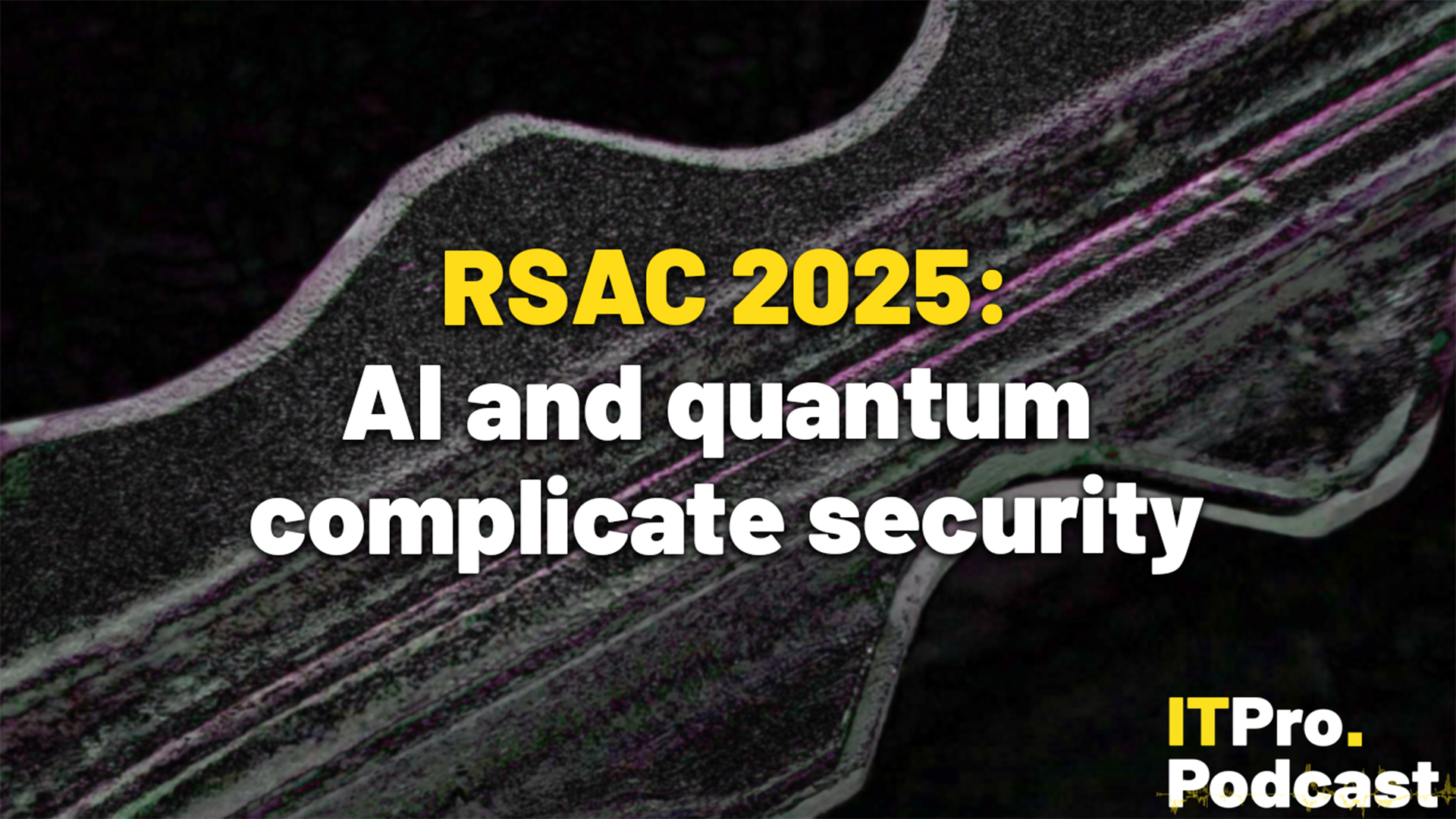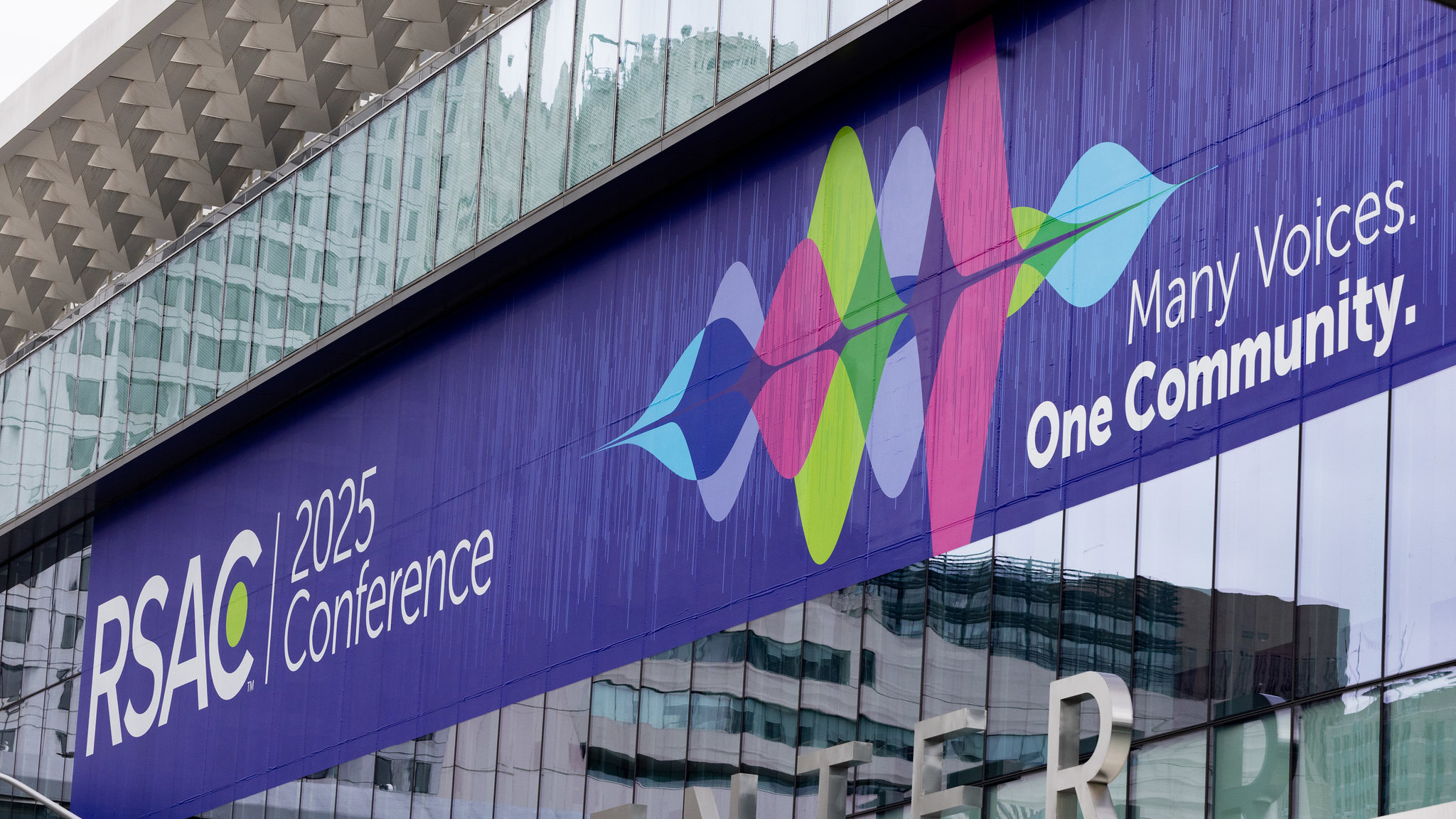Mobile apps now most common method of fraud
RSA Security report highlights the rise in burner devices and rogue apps


An undercover security unit which infiltrates groups of cyber criminals has unearthed an alarming rise in fraudulent transactions carried out via mobile apps.
The findings, published in RSA's latest global fraud report for Q2 2018, found that from 1 April to 30 June, the fraudulent activity carried out via mobile browsers and applications made up 71% of overall fraud transactions, an increase of 16% on the previous year.
The report also highlighted the rise in rogue mobile apps, identifying 9,185 that have become the most common vehicle for attacks, with fraudsters using burner devices and throwaway accounts to carry out their endeavours.
These burner devices or fake accounts used by hackers also contributed 27% of the total value of fraudulent payments despite just 0.4% of legitimate payment transactions being attempted from a new account or device.
A burner device is usually an affordable mobile phone that can be used temporarily until it is deemed 'burned' meaning it is too risky to use. These devices can be purchased with prepaid minutes and without any contracts, allowing the user/users to easily mask their identity. This method of theft is particularly lucrative, with the report stating the average fraud transaction is now valued at $355.
During the undercover operation, the unit also recovered nearly 5.1 million unique compromised cards and card previews from reliable online fraud stores and other sources - a 60% increase in the volume of cards recovered by RSA in the previous quarter.
The report also warned of "human-not-present" fraud, highlighting how autonomous machine purchases will result in new authentication challenges for consumers, banks and merchants who will have to change their behaviour to better manage the risk.
Sign up today and you will receive a free copy of our Future Focus 2025 report - the leading guidance on AI, cybersecurity and other IT challenges as per 700+ senior executives
"The modern techno-philosophy seems to be moving rapidly toward increased frequency and depth of automation directed toward tasks that traditionally required human participation, thus giving rise to a new age, one consisting of 'Human-not-present' transactions," the report stated.
Bobby Hellard is ITPro's Reviews Editor and has worked on CloudPro and ChannelPro since 2018. In his time at ITPro, Bobby has covered stories for all the major technology companies, such as Apple, Microsoft, Amazon and Facebook, and regularly attends industry-leading events such as AWS Re:Invent and Google Cloud Next.
Bobby mainly covers hardware reviews, but you will also recognize him as the face of many of our video reviews of laptops and smartphones.
-
 Hacker offering US engineering firm data online after alleged breach
Hacker offering US engineering firm data online after alleged breachNews Data relating to Tampa Electric Company, Duke Energy Florida, and American Electric Power was allegedly stolen
-
 Threat intel could be your secret weapon in cybersecurity sales
Threat intel could be your secret weapon in cybersecurity salesIndustry Insights Threat intelligence transforms cybersecurity sales from reactive product pitching to strategic advisory.
-
 RSAC in focus: Key takeaways for CISOs
RSAC in focus: Key takeaways for CISOsThe RSAC Conference 2025 spotlighted pivotal advancements in agentic AI, identity security, and collaborative defense strategies, shaping the evolving mandate for CISOs.
-
 RSAC in focus: Quantum computing and security
RSAC in focus: Quantum computing and securityExperts at RSAC 2025 emphasize the need for urgent action to secure data against future cryptographic risks posed by quantum computing
-
 RSAC in focus: How AI is improving cybersecurity
RSAC in focus: How AI is improving cybersecurityAI is revolutionizing cybersecurity by enhancing threat detection, automating defenses, and letting IT professionals tackle evolving digital challenges.
-
 RSAC in focus: Collaboration in cybersecurity
RSAC in focus: Collaboration in cybersecurityExperts at RSA Conference 2025 emphasised that collaboration across sectors and shared intelligence are pivotal to addressing the evolving challenges of cybersecurity.
-
 RSAC in focus: Considerations and possibilities for the remainder of 2025
RSAC in focus: Considerations and possibilities for the remainder of 2025As 2025 unfolds, RSAC explores the pivotal considerations and emerging possibilities shaping the cybersecurity landscape
-
 RSAC Conference 2025: The front line of cyber innovation
RSAC Conference 2025: The front line of cyber innovationITPro Podcast Ransomware, quantum computing, and an unsurprising focus on AI were highlights of this year's event
-
 RSAC Conference 2025: AI and quantum complicate security
RSAC Conference 2025: AI and quantum complicate securityOrganizations are grappling with the complications of adopting AI for security
-
 RSAC Conference 2025 was a sobering reminder of the challenges facing cybersecurity professionals
RSAC Conference 2025 was a sobering reminder of the challenges facing cybersecurity professionalsAnalysis Despite widespread optimism on how AI can help those in cybersecurity, it’s clear that the threat landscape is more complex than ever
